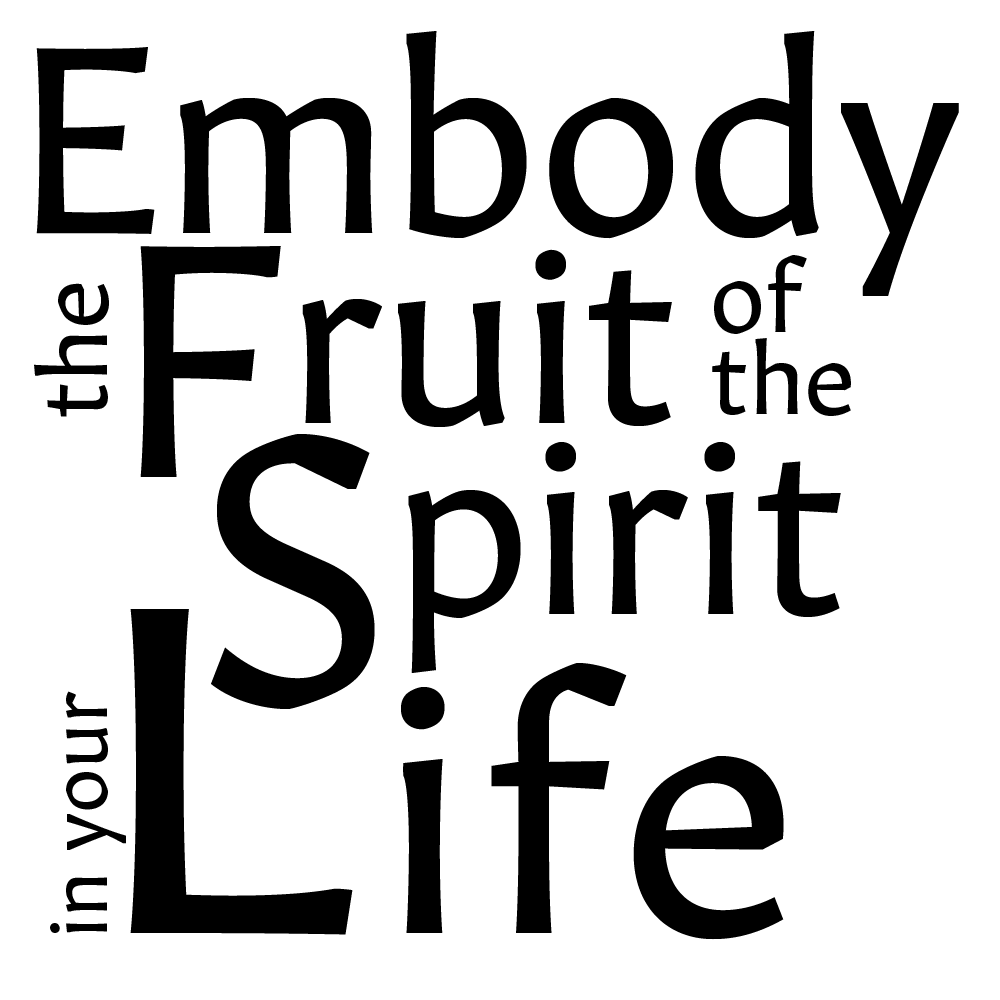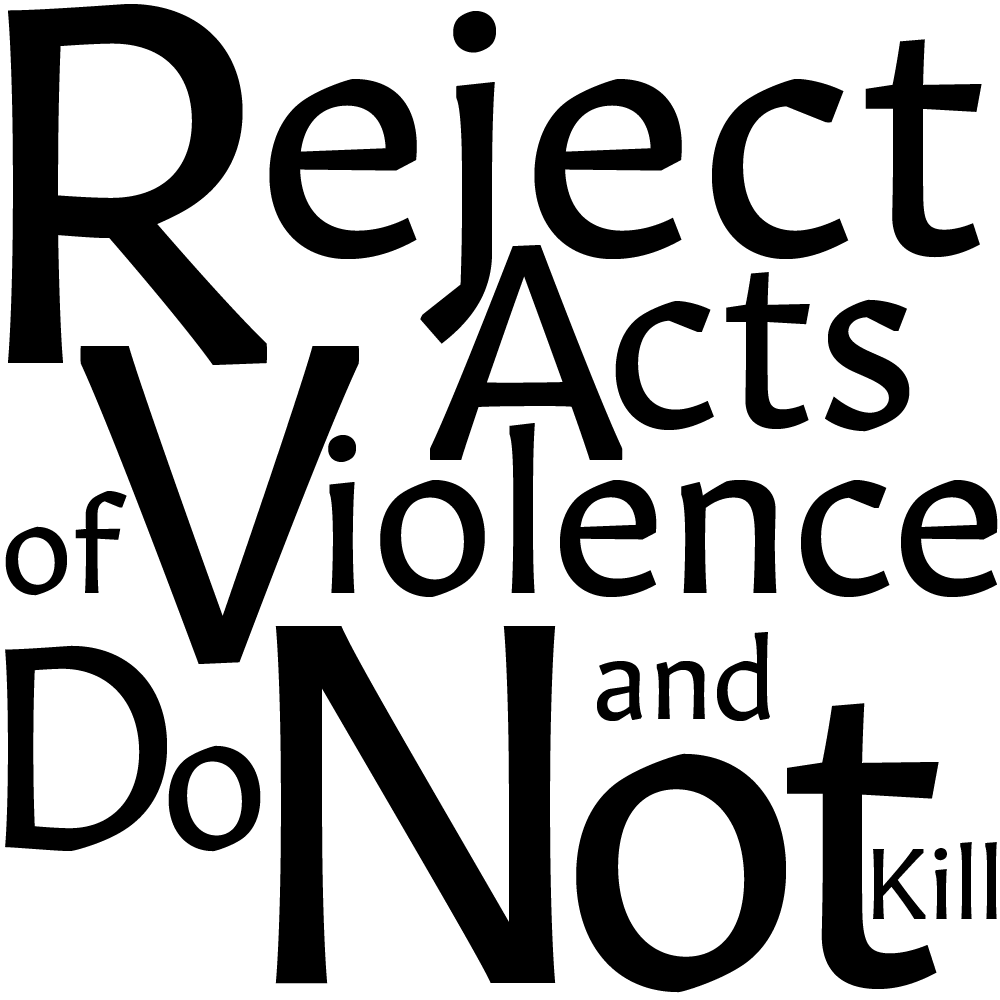The Way of Life for Urban Monastics


Welcome, beloved of Christ Jesus.
May reading our Way of Life become part of your story. A story of God inviting you to become an Urban Monastic. The monastic life is not a destination. Instead, it beckons us to journey, with the Holy Spirit, into our own becoming. This way of living grows out of rhythms and practices. It is as hopeful as it is rigorous. The mercy of God allows us to see the distance between all He invites us to and who we are. Every moment of monastic life exists because of God’s grace and an invitation to keep becoming.
It is here that the Master and Perfecter of our faith draws our hearts towards purity and our lives towards perfection in Christ. Within a monastic life, our lives build up from the foundation of a Way of Life. It is a way to be fully in our world with eyes and hearts fixed on the coming Kingdom of God. It is one of many ways to faithfully follow Christ. This way of life helps us be present with God and others. Everyone who becomes a monastic is grafted into our shared Christian monastic tradition. A tradition whose roots stretch deeply into the earliest days of the Church.

The Way of Life
- Love God with all your Heart, Spirit, Mind, and Strength.
- Accept God's Abundant Grace and then Choose to Grow.
- Pursue Closeness with God through a Life Dedicated to Prayer.
- Love your Neighbors as Yourself.
- Live a Simple Life.
- Live with Monastic Rhythms to your Days, Weeks, Months, and Years.
- Seek and Make a Home within Silence.
- Seek Solitude and Once a Year Go on Retreat with God.
- Live your Life with an Urban Rhythm in a City.
- Dwell and Live Among your Neighbors in your City.
- Dedicate Yourself to a Life of Prayer.
- Pray the Divine Office to Begin and End Each Day.
- Love Fasting.
- Remember and Keep the Lord's Day Holy.
- Your Work is Spiritual and Supports your Life.
- Bring your Work into Harmony with our Way of Life.
- Consume with Restraint and Intentionality.
- Embody the Fruit of the Spirit in your Life.
- Be Gracious with Everyone, Generous in Spirit, and Forgive Quickly.
- Take Care of Yourself Spiritually, Mentally, and Physically.
- Cultivate a Life of Hospitality that Flows from your Heart and Spirit.
- Help Build a Better Future for your City and Creation.
- Dedicate Part of your Living Space to Nature.
- Dress in a Way Fitting for your City and Vocation.
- Be Skeptical of Money, Power, and the People who Hold them.
- Reject Acts of Violence and Do Not Kill.
- Restrictions on Abusers and Predators.
- All are Welcome to Become Monastics or Sojourn with us.


Love God with all your Heart, Spirit, Mind, and Strength.
The greatest commandment is to love the Lord, our God. Let this love be the foundation of our lives, actions, relationships, and hope. May we wake up every day and choose to love God.


Accept God’s Abundant Grace and then Choose to Grow.
God’s love set a place for you, in His Kingdom, at His banquet table of grace. God sought you, found you, called you beloved, and invited you to feast on the abundance of His grace. His loving grace, in time, transforms us. This grace invites us to be like Jesus.


Pursue Closeness with God through a Life Dedicated to Prayer.
Prayer draws us into an awareness of God’s presence. It is a way of being close to His tenderness and love. Let our love of God inspire us to pursue God through prayer. As we pray, we experience thoughts, emotions, and words moving between ourselves and God.


Love your Neighbors as Yourself.
The heart of God is loving your neighbor as yourself. We are neighbors of our God, who inhabits creation with us. God’s love shows us that we are infinitely worthy. It deepens the love we have for ourselves and others. Jesus tells us to love everyone with this love.


Live a Simple Life.
To live monastically is to live a simple life. Let us find ourselves increasing in contentment and gratitude for what we have. Let us prayerfully expect to have, expect to get, and do less.


Live with Monastic Rhythms to your Days, Weeks, Months, and Years.
We establish active rhythms in our days, weeks, months, and years. They help us center and prioritize our love for God. Simple rhythms grounded in love sustain us. They weave themselves around and through our lives.


Seek and Make a Home within Silence.
The quiet of a monastic life is hard within the city. We must seek silence, and make a home within it for ourselves. Discover and create prayerful spaces of silence to be present with God, and ourselves.


Seek Solitude and Once a Year Go on Retreat with God.
In solitude, we dwell within the individual and personal love God has for us. No one can do this for us. We alone must seek solitude to be present with God without others. Once a year, we should try to go on retreat with God.


Live your Life with an Urban Rhythm in a City.
Where we live gives shape to the rhythms of our lives. We choose to live within the chaos of the city with a monastic calm. We live our Way of Life against the rapid currents of our cities. For one to be an Urban Monastic, and not a sojourner, they must live in a city.


Dwell and Live Among your Neighbors in your City.
Allow yourself to rest within the walls of your home, and the boundaries of your city. Dwelling among your neighbors means being present with them. Walk the same streets. Breathe the same air. Live your life in your city. Live your life among your neighbors.


Dedicate Yourself to a Life of Prayer.
Prayer and work is the monastic mantra. These are our vocations, with Prayer first. We dedicate ourselves to prayer. We pray first. Pray in all things. Pray at the end. Prayer is being purposefully in God’s tender, loving presence.


Pray the Divine Office to Begin and End Each Day.
This day is a gift from God. Every day is a gift. Let us dedicate today to the Lord. Let us take care to wrap each day with the Divine Office. Give special care to the edges of the day. Fold and mark the edges of each day, it’s mornings and evenings, with these prayers.


Love Fasting.
Fasting is a gift. The love of fasting is a divine work of God within us. There are things we can only experience and discover through fasting. As we regularly abstain from all food and nourishment, God will be with us. He will help us love fasting.


Remember and Keep the Lord’s Day Holy.
Every Sunday brings us back to the cross and the resurrection of our Christ. Sunday is a day for remembrance, that we set aside as holy. This is a day we give to prayer, praise, and being present with our God who conquered death.


Your Work is Spiritual and Supports your Life.
Work is your second vocation, after prayer. You work to support your life and your family. Your work is spiritual. Do it, together with all things, as if it was for the Lord. Do it prayerfully. Give your work attention and care. Work with integrity and grace.


Bring your Work into Harmony with our Way of Life.
Our walk with Jesus is formed by the people we meet, the things we do, and the places we go. Into every thing we do we bring our full selves. We spend a large amount of our lives on our second vocation, work. Take care that your work is in harmony with our way of life.


Consume with Restraint and Intentionality.
To be monastic is to live an ascetic life. A life with less. One consumes and owns less. Let our desire to consume become a desire for God’s presence and love. God, You have given us more than we will ever deserve. Creation is good, but God is greater. Therefore, let us consume with restraint and intentionality. Your love is enough.


Embody the Fruit of the Spirit in your Life.
Words and actions ripple through our world. Each wave starts in a person’s heart before moving into creation. So give yourself over to God’s refining work. God wants you to naturally embody and emanate the Spirit’s love, joy, peace, patience, kindness, goodness, faithfulness, gentleness, and self-control.


Be Gracious with Everyone, Generous in Spirit, and Forgive Quickly.
The grace of God sustains all things. This grace comes from God’s love. It flows from there and permeates creation. As we live in God’s love, we find that our grace flows from our love. The Spirit’s transforming work of love gives us a generous spirit and helps us to forgive quickly.


Take Care of Yourself Spiritually, Mentally, and Physically.
The fullness of our spirit, mind, and body make up our presence. These three are interwoven and inseparable from who we are as people. Jesus cared for His whole self, and we should follow His example.


Cultivate a Life of Hospitality that Flows from your Heart and Spirit.
God’s love for me is beyond comprehension. This same love flows from God to everyone. As we become more like Jesus, we will grow in our love and service for others. May our lives be marked by a spirit and works of hospitality.


Help Build a Better Future for your City and Creation.
We love our cities because we love our neighbors. Love your city like Jesus loves. Like Him, our love should serve others in humility. Together with God and others, support and help build a better future for your city and creation.


Dedicate Part of your Living Space to Nature.
Life revolves around nature. Life grows from the goodness of creation. Nature that urban life can disconnect us from. When we bring nature into our living space, it reconnects us. A slice of creation is like the garden in the center of monastic cloisters.


Dress in a Way Fitting for your City and Vocation.
Our bodies are beautiful gifts from God. Celebrate and honor this gift each time you get dressed. You are expected to dress in a way that fits into the diverse tapestry of your city and is functional for your vocation. Beyond this, there is neither a uniform nor a habit for Urban Monastics.


Be Skeptical of Money, Power, and the People who Hold them.
The desire for money and power is insatiable. It easily consumes our finite lives. No one gets to have everything. Choose to pursue Jesus over money and power. Live with Christ and follow His narrow path. Be skeptical of those with money and power. Be skeptical of what they tell you.


Reject Acts of Violence and Do Not Kill.
Throughout the history of monasticism, our ancestors have not fought. They rejected violence, even when it meant their own death. The monastic tradition we are a part of is unwavering in its rejection of violence. We are to be people of peace, people who stand against the killing of anyone.


Restrictions on Abusers and Predators.
Let us take great care to build and protect the spaces we meet in. This care requires us to be aware of those who have physically or sexually abused or preyed on others. Part of their repentance will include their rejection of power and prestige. Across Urban Monastics, they are not allowed to be in leadership or to make decisions.


All are Welcome to Become Monastics or Sojourn with us.
You, and everyone else, are welcome to become an urban monastic or to sojourn with us. Each one of us chooses to let this Way of Life become the foundation for how we live.


Beloved of Christ Jesus,
If you never forget one thing, I hope it is this. True love hopes all things and the love of God, the God of all things, hopes all things for you. Within the winding ways and days of your life you are, in this moment, exactly where only you can be. This moment and every moment of your life has been held and sustained within the triune love of our Creator and God. Each moment and every breath of yours is an invitation to live your life with God as you follow after Jesus. Every moment is lavished with grace and mercy for you that only God’s Love can sustain. Grace and mercy woven within every one of your breaths as they come and go.
The invitation to become an Urban Monastic is not a call to perfection. We have each passed the hope of being perfect. For even if the days remaining before you were limitless, you would still fall short of perfection. Instead, you are invited to step into a way of becoming. The monastic life is not a destination. Instead, it beckons you to journey, with the Holy Spirit, into your own becoming. Your story and journey are unique to you. So are the ways that our Lord has, is, and will continue to wrap and sustain you in His love. Your discovery and wonder of all that is will be unique to you. It is illuminated by the unique ways Jesus found you, accepted you, and called you by name to follow after Him.

